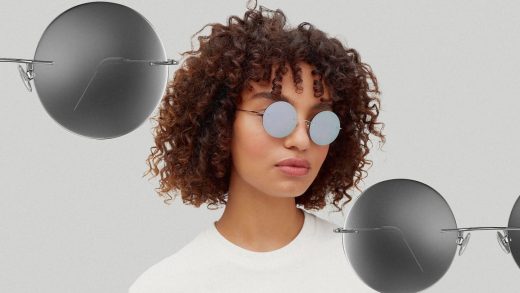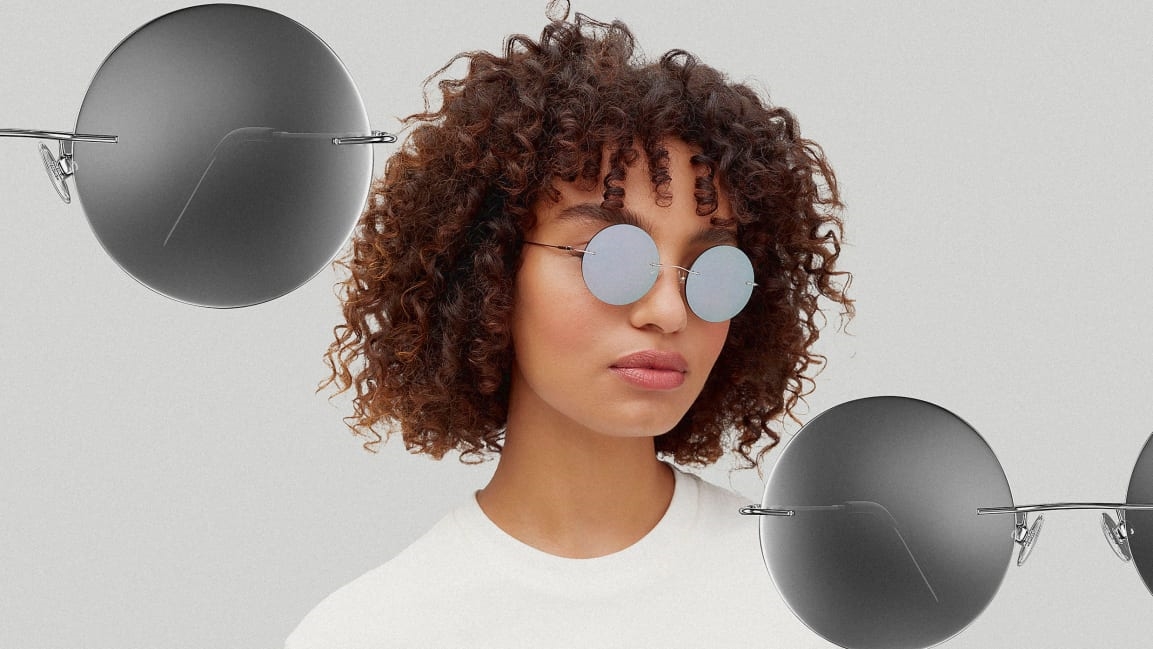The lenses in these sunglasses are made from captured CO2
Clothing brand and material science company Pangaia exists in part to push forward sustainable innovation in the fashion industry, experimenting with products like vegan leather made from grapes, down jackets stuffed with wildflowers, and fabric made from food waste. Its newest product, a pair of limited-edition sunglasses, is the first on the market to use technology from Twelve, a startup that turns greenhouse gas emissions into the chemical building blocks for new materials.
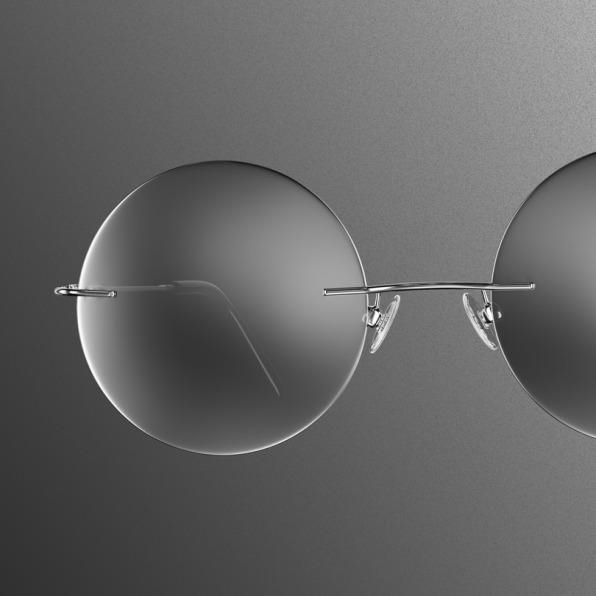
The polycarbonate lenses in the brand’s new sunglasses, which would normally be made from fossil fuels, use Twelve’s “CO2Made” chemicals instead. “We’re always looking for places where we can take waste and transform it into something useful,” says Amanda Parkes, chief innovation officer at Pangaia. “We’re trying to get away from why there should even be waste. Nature works in full circles, where everything is reused, and we should mimic that in our process around product.”
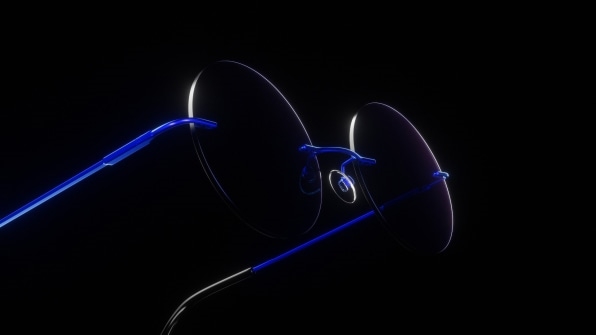
The company most often works with bio-based materials, but polycarbonate is a difficult plastic to synthesize from plant-based sources, Parkes says. “There are still some things that haven’t quite been figured out in the biosynthesis category. And polycarbonate is an advanced plastic that has really amazing characteristics of durability.” (The material is 10 times stronger than glass or standard plastic, and unlike glass, it won’t shatter.)
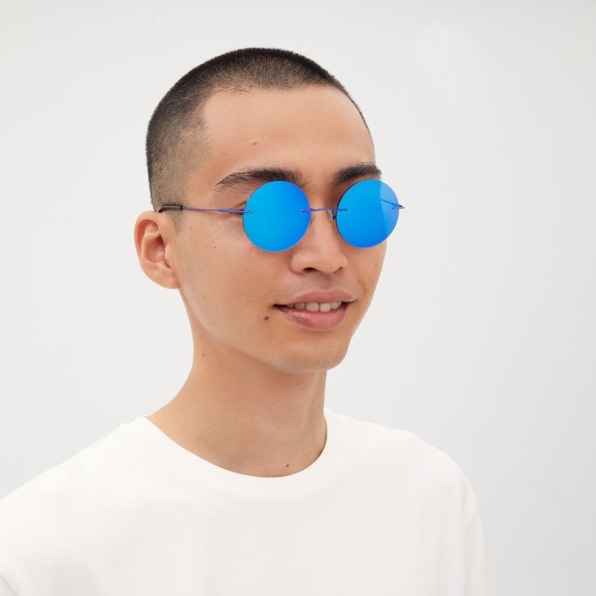
The design “was really an homage to how valuable and transformative these [sunglasses] are,” Parkes says. “So they feel incredibly luxurious and elegant. And they’re super lightweight; you can feel the preciousness of them.” They aren’t cheap: The limited-edition steel-frame sunglasses sell for $495 a pair.
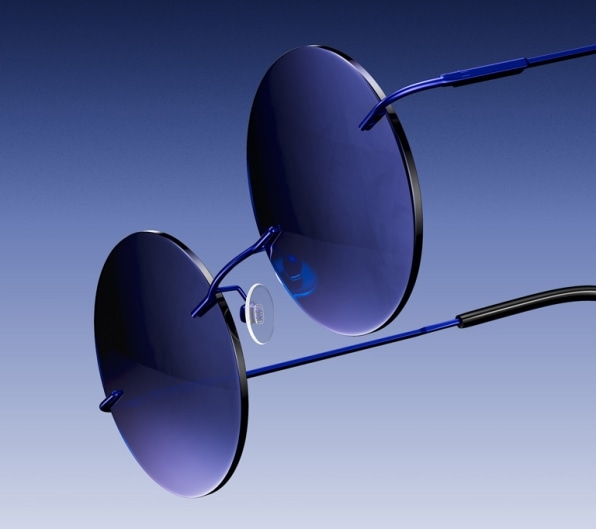
Pangaia is likely to make other products from Twelve’s materials, helping to accelerate adoption by other brands. Pangaia’s founders came from Future Tech Lab, a fund that invests in other startups innovating in materials; they founded the brand to help bring some of those innovations to life and demonstrate for the rest of the industry what was possible. “We can be a true partner to some of the companies that are trying to get their science into the existing fashion supply chain, which can be a little impenetrable,” Parkes says.
As it works with pioneers like Twelve, Pangaia is also working with other researchers on new technologies that may still be a decade away from coming to market. “We’re definitely not a seasonal kind of company,” Parkes says. “So we can have long-term relationships with companies that are in biotech, and these really advanced, breakthrough technologies.”
(10)

